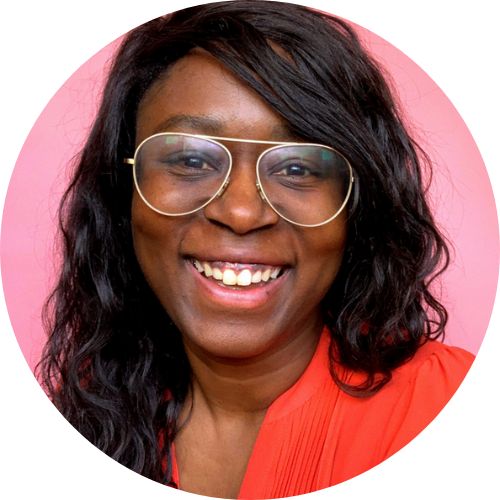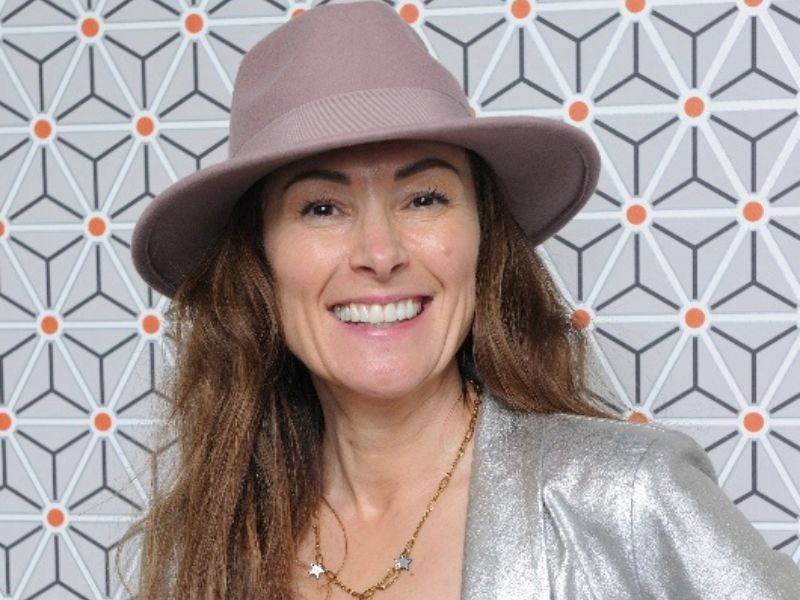Lisa Maynard-Atem, social empowerment & black representation campaigner, shares her family experience of education and the need for accessible education for everyone.
From a young age, I have been acutely aware of the benefit of education and the opportunities that it has afforded my family and many others from minority communities. Education is the passport to a better life and opportunities, not just for us but for our families and wider communities. You can of course progress without it, but it is a far better thing to have it in your back pocket.
My father was born in Cameroon and grew up in abject poverty. His father died when he was two years old after contracting viral malaria which left his mother with a large family to raise single-handedly. My father and his siblings used their natural ability and intellect to elevate themselves out of their circumstances through education. Between them, they have numerous degrees and speak countless languages. My father went on to study in New York and has had a very successful career working for organisations like the United Nations. None of his achievements would have been possible without the education he worked very hard to gain access to.
My mother, who came to this country as a child and as part of the Windrush generation, also understood the benefit of education from an early age and has committed herself to the journey of lifelong learning. Both of my parents instilled in me the value of education, not just in a general sense, but more importantly as people of colour. It was made very clear to me that I would always have to work harder than my white counterparts as I would inevitably encounter instances where I would be denied opportunities because of the colour of my skin which sadly has happened to me throughout my career. Even now, I carry this belief that I still have to be more educated and experienced to be seen and treated as equal.
My education has been quite a unique experience as I have been educated in various countries around the world. I have been to school in America and Africa amongst other places. Going to school in places like Limbe and Douala (both in Cameroon) is something that I often think about.
Firstly, the quality of the education I received was outstanding and very advanced for the age that I was at the time (some of the things I learnt there, I would later encounter again as a teenager going to secondary school in Manchester). Some of the schools I attended were international schools which meant that I met children from all over the world and as a result, my cultural education was extensive. Although I was young, I fully understood that the education that we were receiving from the schools we attended and from each other would help us in later life. I always felt that my parents pushed me that bit harder and although at the time, I didn’t enjoy it, I am incredibly grateful now.
I am passionate about creating a society that works for all and the part that education plays in this, especially when it comes to the education of girls and women. In 2023, it saddens me greatly that there are countries where girls and women are unable to receive an education. Not only does this limit their chances in life but has also has an impact on the communities they live in and wider society. We make up 50% of the global population and therefore our contribution to society is significant. How can we hope to make the world a better place for ourselves and future generations if we prevent half the population from gaining access to knowledge and lifelong learning?
Education should not be treated as a privilege based on gender, class, wealth or any other barometer that we as a society chose to use as a barrier. It is a fundamental human right – let’s not forget that it is one of the 17 United Nations Sustainable Development Goals (4 – Quality Education).
Madiba (Nelson Mandela) once said that education is the most powerful weapon you can use to change the world. It is time for us to harness this weapon to its fullest in order to improve the lives of people everywhere. I fully intend to continue playing my part in fighting for education, opportunity and equality for all.
About the author
 Lisa Maynard-Atem is the Director of Marketing & Inclusion at the award-winning Acacia Training. Lisa is also a founder member and former Managing Director of the award-winning Black United Representation Network (BURN CIC), an organisation focused on the economic and social empowerment of the Black community in the North of England.
Lisa Maynard-Atem is the Director of Marketing & Inclusion at the award-winning Acacia Training. Lisa is also a founder member and former Managing Director of the award-winning Black United Representation Network (BURN CIC), an organisation focused on the economic and social empowerment of the Black community in the North of England.
Alongside her role at Acacia, Lisa remains on the Board of Directors for BURN, is a Non-Executive Director on the Board of MBH Plc and is also a member of the General Assembly of the University of Manchester. Her work is focused around her passion for equality and creating a society with systems and structures that work for all.








